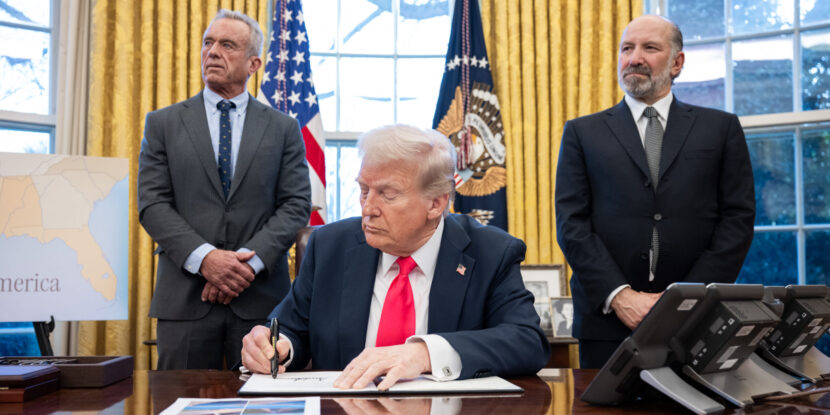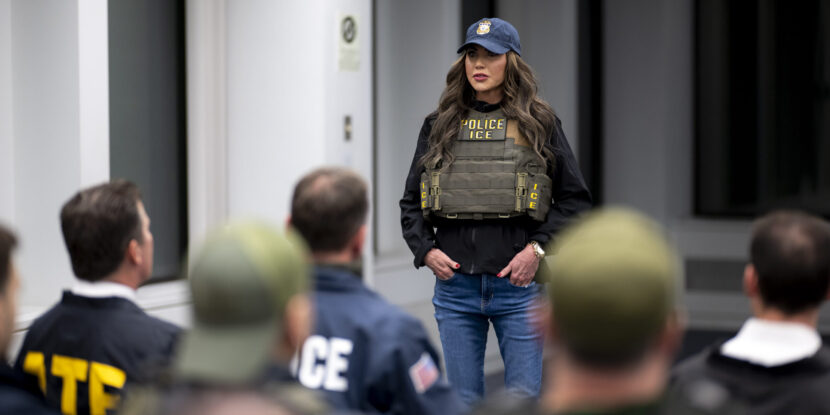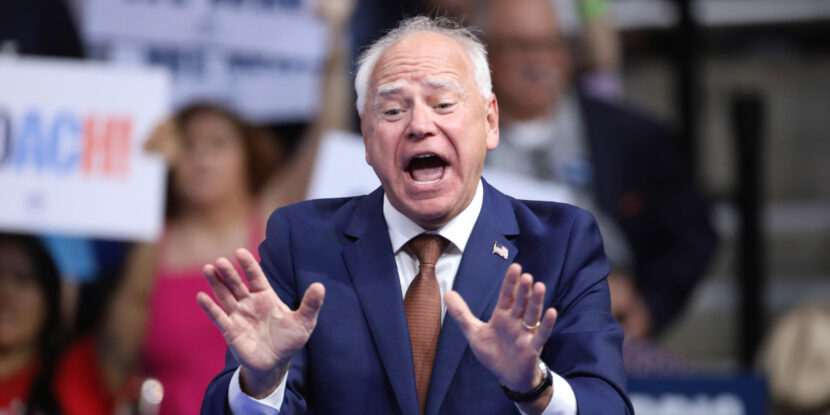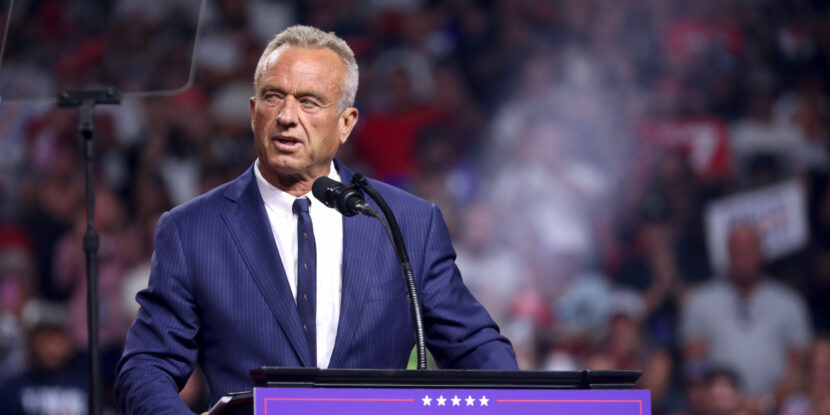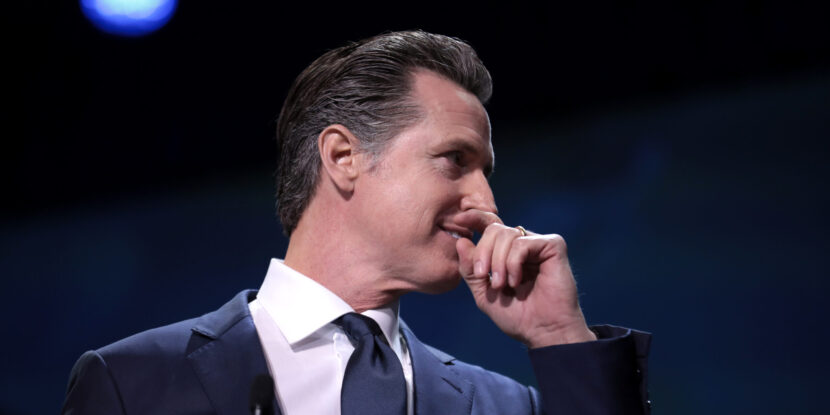PULSE POINTS:
❓What Happened: President Donald J. Trump signed an Executive Order to end collective bargaining with federal unions in several agencies tied to national security. This action uses authority from the Civil Service Reform Act of 1978.
👥 Who’s Involved: President Donald J. Trump, Department of Defense (DoD), Department of Veterans Affairs (VA), National Science Foundation (NSF), Coast Guard, Department of Homeland Security (DHS), Department of Justice (DOJ), Department of State, Department of Energy (DOE), and others.
📍 Where & When: The White House, recent Executive Order signing.
💬 Key Quote: “President Trump supports constructive partnerships with unions who work with him; he will not tolerate mass obstruction that jeopardizes his ability to manage agencies with vital national security missions,” the White House said in a statement.
⚠️ Impact: The order aims to ensure that agencies central to national security can operate without delays and intrusive union restrictions, affecting the implementation of policies and management decisions.
IN FULL:
President Donald J. Trump has signed an Executive Order to terminate collective bargaining agreements with federal unions in agencies associated with national security. This decision, made under the Civil Service Reform Act of 1978, involves ending union negotiations within pivotal government entities such as the Department of Defense (D0D), Veterans Affairs (VA), the National Science Foundation (NSF), and the Coast Guard. These agencies have essential roles, such as healthcare for troops, military research, and safeguarding national borders.
Besides defense, the order impacts border security, foreign relations, energy security, pandemic preparedness, cybersecurity, economic defense, and public safety. Within these sectors, departments like Homeland Security (DHS), Justice (DOJ), State, and Energy (DOE) will see collective bargaining with federal unions halted.
The move is meant to eliminate delays and impediments in policy implementation associated with union negotiations. President Trump points to the challenges posed by union activities as obstacles in executing crucial national security measures. Union contracts, often renegotiated under the former administration, impede the ability of agencies to modify policies as swiftly as necessary, especially during ongoing security threats.
For instance, unions have been able to delay adjustments to cybersecurity protocols, citing the need for bargaining rights. This has proven problematic for agencies such as U.S. Immigration and Customs Enforcement (ICE). The Executive Order explicitly aims to counteract such obstructions, emphasizing a move toward more prompt and decisive governance.
Unions, considered adversarial by the administration, have filed numerous grievances against Trump administration policies, as demonstrated by the Veterans Affairs unions’ significant volume of actions taken since his inauguration. The administration argues that such union participation undermines the effectiveness of national security operations.
